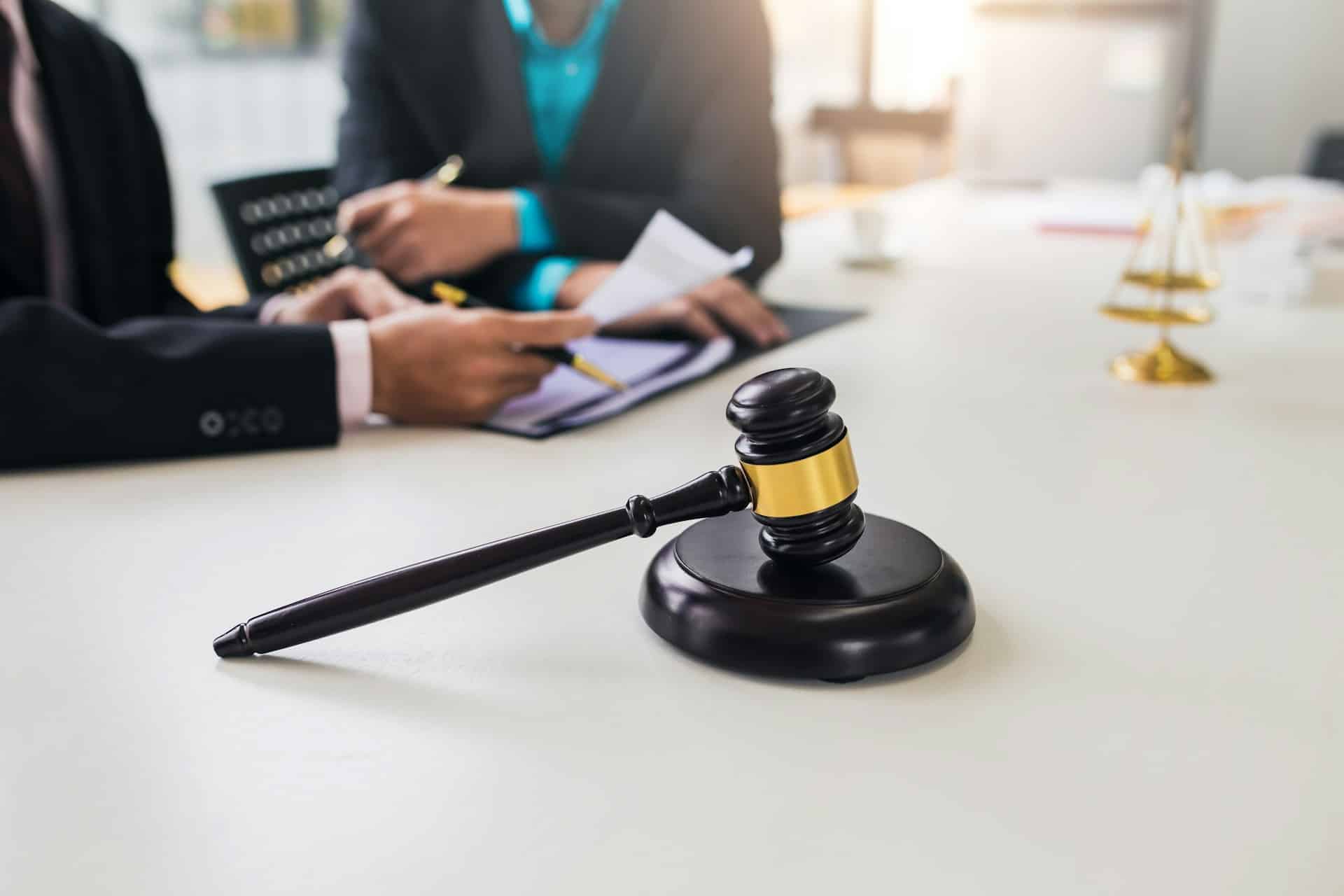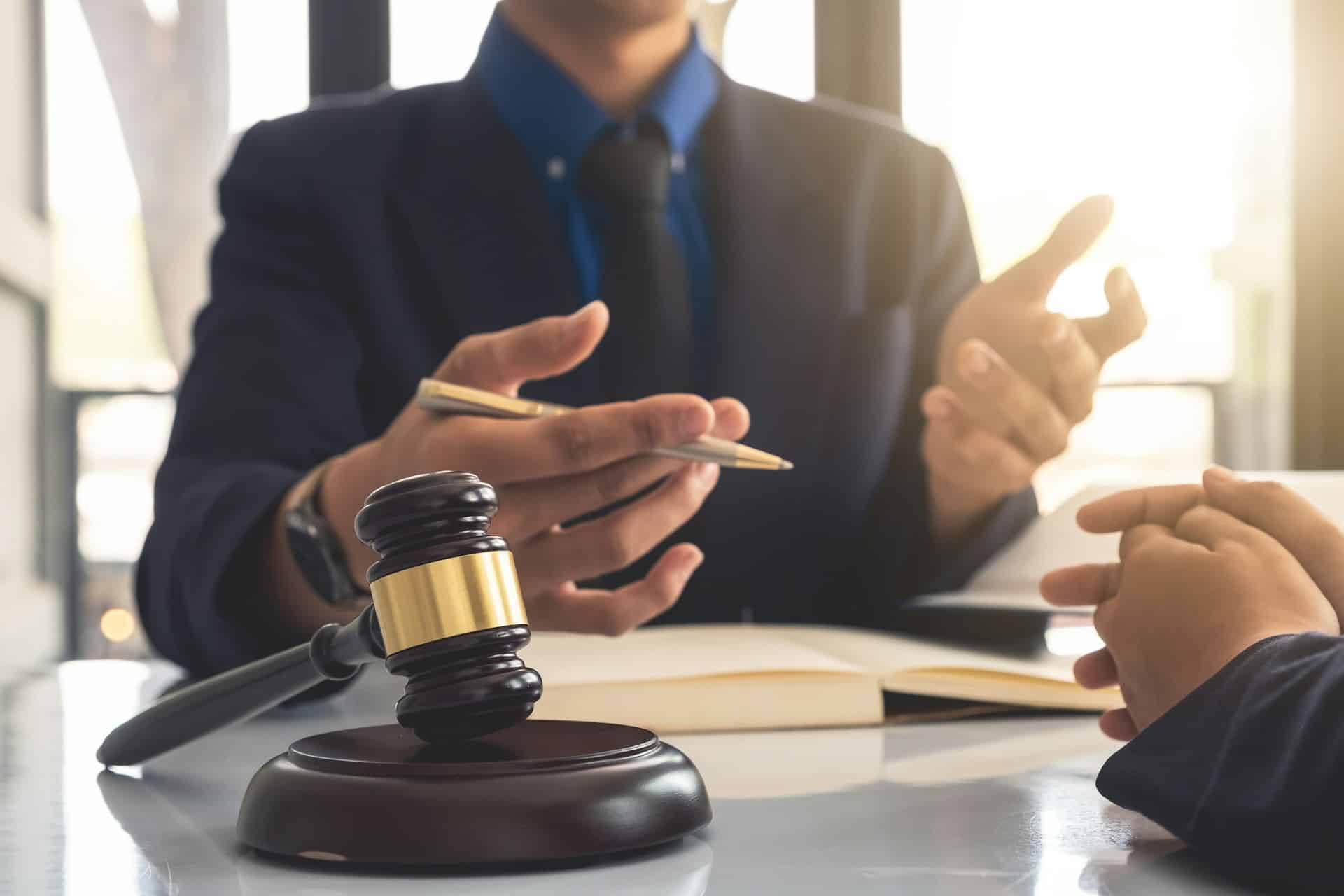Facing a criminal investigation can feel quite daunting. Understanding what to expect during the process might ease some of that stress. From the moment an investigation begins, several steps follow, each with its own procedures and implications.
When law enforcement starts an investigation, gathering information is a key focus. This stage involves interviews, collecting evidence, and evaluating the scene related to the alleged offense. Knowing these stages helps you stay informed and prepared as the situation unfolds.
Being aware of your rights during an investigation is essential, too. Understanding these rights helps protect your interests and ensures fair treatment. As the investigation progresses, knowing what to do can make a significant difference in how matters unfold. By familiarizing yourself with these aspects, you can navigate the process more confidently and maintain a sense of control in an otherwise uncertain time.
Initial Steps of a Criminal Investigation
A criminal investigation in Dallas begins with specific initial steps that set the stage for the entire process. Law enforcement officers first respond to a report or suspicion of a crime. This can come from calls to 911, direct complaints, or tips from witnesses. Officers arrive at the scene to assess the situation, ensure safety, and collect preliminary information.
Securing the scene is crucial. Police tape might be used to mark boundaries, preventing unauthorized access. This action preserves potential evidence and maintains the integrity of the scene. Officers may conduct brief interviews with witnesses or those present. These initial conversations can provide useful leads or critical insights into the alleged incident.
Depending on the severity of the crime, officers may decide to make an arrest if there is enough probable cause. This means they have reasonable grounds to believe that a person has committed a crime. In some situations, a search warrant may be sought to gather more information if the case requires deeper investigation.
Understanding these early steps in an investigation helps everyone involved recognize the seriousness of the process. It lays the groundwork for the detailed procedures that follow and ensures that all necessary actions are taken to pursue the case effectively.
Gathering Evidence and Interviews
Once the scene is secured, the next phase focuses on gathering evidence and conducting interviews. This stage is essential in building the case and involves several activities.
1. Collecting Physical Evidence: Officers examine the scene for physical evidence, which might include items like fingerprints, DNA samples, weapons, or stolen property. Each piece is carefully documented, often photographed, and collected using meticulous methods to avoid contamination.
2. Forensic Analysis: Some evidence requires laboratory examination. Forensic experts analyze collected materials, providing crucial data that helps understand how the crime occurred and who might be responsible.
3. Witness Interviews: Interviews with witnesses or individuals involved provide detailed accounts of events. Officers ensure these discussions occur in a structured setting, where statements can be recorded accurately, contributing significantly to the investigation.
Investigators use written records and visual aids like photographs or videos to create a comprehensive picture of the crime. This evidence is then compiled into official reports, which form the basis for any legal proceedings.
Thorough evidence gathering and structured interviews are crucial to piecing together what happened. This stage strengthens the investigation by turning data and observations into reliable conclusions, forming the backbone of the prosecution’s case.
Understanding Your Rights During an Investigation
During a criminal investigation, it is important to understand your rights. Knowing what you can and cannot do helps protect you while ensuring the process remains fair and transparent. These rights are in place to make sure everyone follows the rules.
One essential right is the right to remain silent. You are not required to answer every question asked by law enforcement without a lawyer present. This is known as the Miranda rights, which ensure that anything you say can be used in court, but you have the choice to stay silent.
Another key right is the right to legal representation. You can seek the assistance of a lawyer at any point during the investigation. A lawyer provides guidance and helps you understand complex legal terms and conditions. This ensures that your side is represented accurately and that your interests are safeguarded throughout the investigation process.
Understanding these rights is crucial to navigating the investigation without unnecessary complications. It empowers you to make informed decisions and maintain your dignity and fairness during questioning or evidence gathering. Being knowledgeable about your rights prevents misunderstandings and ensures the proceedings are conducted correctly.
What Happens After the Investigation Concludes
Once a criminal investigation wraps up, the gathered evidence and conclusions are reviewed. This stage involves deciding whether there is enough proof to proceed with formal charges against the suspect. Law enforcement collaborates closely with prosecutors to evaluate the evidence and determine the next steps.
If the evidence supports the allegations, prosecutors may file charges. This action propels the case into the next legal phase, known as the arraignment. During this time, the accused will hear the charges and enter a plea. The plea may lead to a trial if the defendant chooses not to plead guilty.
In some cases, the investigation might not result in immediate charges. This could happen if the evidence is insufficient or further inquiries are needed. Sometimes, the suspect could be cleared of wrongdoing altogether if proof to proceed lacks substance.
Knowing what follows an investigation provides clarity on how the justice system works. Being aware of the possible outcomes prepares you for the next developments in the legal journey. This understanding helps maintain a balanced perspective and ensures you stay informed of your responsibilities and choices.
Conclusion
Navigating a criminal investigation in Dallas requires awareness and understanding of the process. Knowing the initial steps, how evidence is gathered, your rights during the process, and what happens once the investigation concludes equips you with the knowledge necessary to handle the situation effectively. Each part of the investigation serves a purpose and brings about clarity in what often seems a daunting process.
If you or a loved one are facing a criminal investigation and require professional assistance, you can reach out to Hindieh Law. Our team of defense lawyers, based in Dallas, offers guidance and representation, helping you understand and manage each step of the legal process. Contact us today to learn how we can support you during this challenging time.






